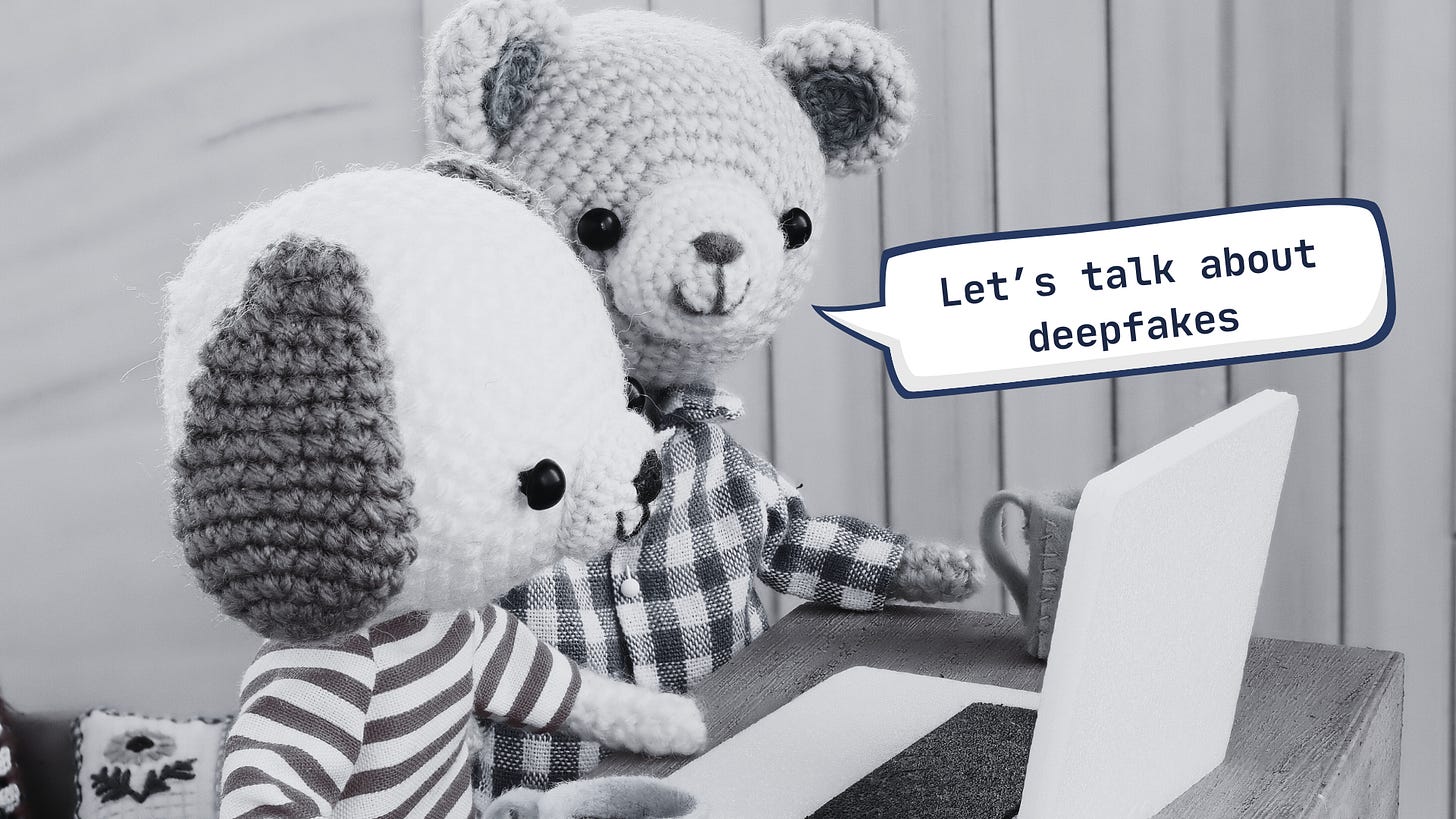Out Now 🎉 AI for Families: Ultimate Guide to Mastering AI
Excited to share my new book (available now on Amazon) and thoughts on how to help kids and families survive and thrive in our new AI-driven world.
Over the past year, I’ve received increasingly thoughtful questions from families wrestling with the best ways to embrace AI innovation while remaining cautious and skeptical. In my work with schools in New York, I’ve also heard the same practical questions, legitimate concerns, and realistic hopes from everyone across the board—educators, parent leaders, and families.
What’s been most notable about these conversations is, first, that we collectively know much more about AI than we think we do. But then also, that most people feel far less comfortable speaking up about AI than about other similarly complex subjects. Why?
Well, for one, we’ve allowed the tech industry to dictate the terms of how we use apps, platforms, and other consumer technology for far too long. And that relationship is hard to reengineer. We’ve also allowed ourselves to believe that the building and deploying of new technology is the domain of a special set of magicians who rule supreme over Silicon Valley. And that, of course, is nonsense.
All of this matters more now as generative AI has changed the game so dramatically. I’m excited about what AI can do and how much we stand to gain as a society. But it’s not magic, it’s a utility. And AI won’t be useful (and can even cause harm) if we don’t all participate in conversations about its development and use. We need to engage directly with one another, with schools, and with legislators to figure this out together. Everyone must be invested in how kids use AI, because they are the generation that will lead us into the future.
AI for Families: Ultimate Guide to Mastering AI
All of these questions and discussions, and the weight of this responsibility to our kids, inspired me to write an AI for Families: Ultimate Guide to Mastering AI this year. Practically, the book covers three areas: what AI is and where it already shows up in our lives; the risks and issues we need to consider seriously; and the opportunities ahead.
But more philosophically, it’s about rethinking how we got to this place and where we go from here. AI has been with us for decades, and most of us didn’t really notice until ChatGPT launched in November 2022. In fact, the first chatbot, ELIZA, was actually developed (quite unbelievably) in 1966 (more about that in the book).
AI for Families is also about how we need to renegotiate our relationship with the tech industry, which has gotten very comfortable with our willingness to hand over our data so freely—and now desperately needs this data to grow AI technology.
Most importantly, the book is about the opportunity we have right now to consider what it means to be human and to hold tight to those attributes that define us, and our relationships with both each other, and ultimately, machines. We are the “boss” of technology, but only if we understand why and nurture the human traits that make us unique.
I hope AI for Families helps start conversations in your household about what we can gain from AI, but also what we might give up if we just let it all happen to us. I also hope it helps you put into perspective many of those dire, dystopian predictions about the future. Because while we do face real risks, a dark future is far more likely if we just sit back and let the tech industry drive us ahead blindly. But if we step forward and engage? Well, I think we’ll be okay. In fact, we’ll be better than okay, we’ll achieve incredible things.
Worksheets and Checklists Available
In the book’s appendix are a few worksheets, checklists and questions to get started on conversations with family members, educators and more. But because there were too many documents to fit neatly into the book I decided to provide them here on my Substack. Hopefully you’ll find these documents helpful to print out and use when needed.
I hope you’ll explore my book and let me know what you think. I’ll also be posting more regularly again now that I’m not deep into book writing. But hopefully it’s been time well spent.




